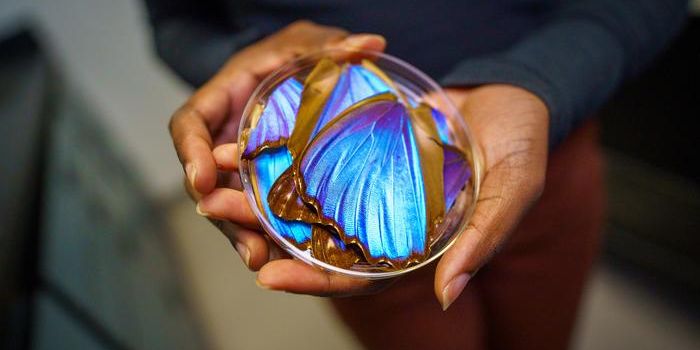Why Do Lemon Sharks Eat Their Own Kind?
Marine scientists were particularly astonished when they learned that only one year after 100 juvenile lemon sharks had been born, just 50 had remained. The debacle was undoubtedly enough to raise some eyebrows as experts wanted to know where all the juveniles had gone.
Heaps of research and countless observations later, the answer became apparent: adult lemon sharks were partaking in cannibalism, eating juveniles of their own kind in cold blood.
Perhaps unsurprisingly, juvenile lemon sharks will instinctively swim very close to underwater root systems, which can provide at least some protection from larger predators. On the other hand, some juveniles tend to stray too far away from their shelter, leaving them wide open to predation from larger lemon sharks.
Adult lemon sharks have the advantage when it comes to hunting juveniles because they too were once juveniles. With that in mind, they know exactly where to look for a meal, and it comes down to who sees whom first.
This cannibalistic behavior may seem counterproductive at first glance, but when it comes to hunger, it’s no surprise that a bigger lemon shark would take advantage of an easy meal whenever it can.








